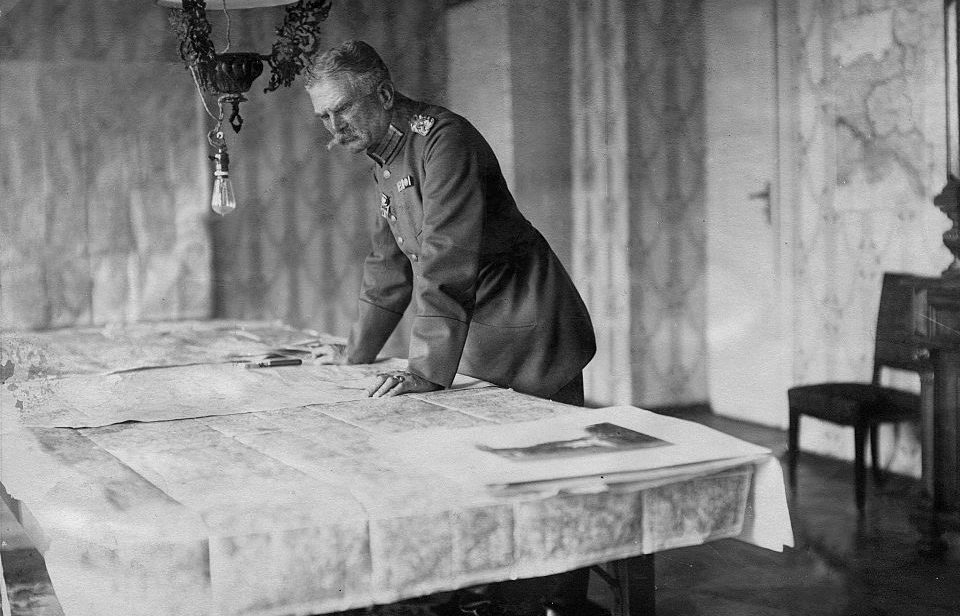Hussars originated in Central Europe during the 15th and 16th centuries as light cavalry soldiers. Though primarily a military force, they bear some resemblance to the European equivalent of the American cowboy. Renowned German Field Marshal August von Mackensen was dubbed “The Last Hussar” for his distinguished service, leading units throughout the First World War despite being in his 60s.
August von Mackensen’s upbringing
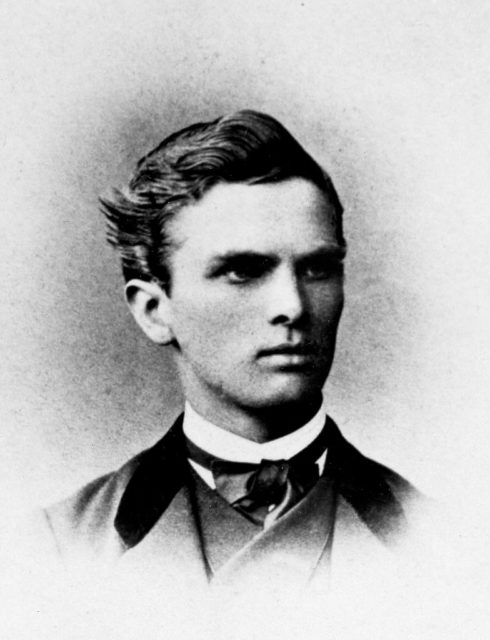
August von Mackensen was born in Haus Leipnitz, located in the Prussian Province of Saxony, in 1849. At the age of 20, he volunteered to serve in the Prussian 2nd Life Hussars Regiment, taking part in the Franco-Prussian War of 1870-71. During the conflict, he led a charge on a reconnaissance patrol north of Orléans, earning the Iron Cross Second Class and a promotion to second lieutenant.
After the war, von Mackensen pursued studies at the Martin Luther University of Halle-Wittenberg. Nevertheless, he felt compelled to return to military service and rejoined his former regiment in 1873.
Continued success with the Imperial German Army
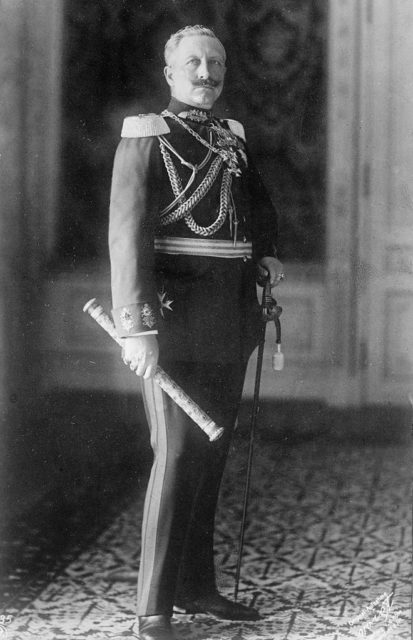
In 1879, August von Mackensen married Dorothea “Doris” von Horn, the sister of a fallen comrade. Her father, Karl von Horn, was one of the most powerful and influential administrative officials in East Prussia. Along with enjoying a happy marriage, von Mackensen gained an important mentor in Minister of War Julius von Verdy du Vernois. His career advanced rapidly and in 1891 he was appointed to the General Staff, even though he lacked the usual experience that the position required.
Kaiser Wilhelm II also took notice of von Mackensen. In 1893, the German emperor entrusted him with the command of the 1st Life Hussars Regiment and later appointed him as his adjutant. This appointment was a remarkable honor, as von Mackensen was the first commoner to hold this position. He served in this role for three and a half years, during which time he interacted with prominent officials from across Germany and the world.
In 1901, von Mackensen was assigned command of the Life Hussar Brigade, after which he became the commander of the 36th Division. He later took command of the XVII Army Corps, where the German Crown Prince Wilhelm served under his leadership.
August von Mackensen’s service during World War I
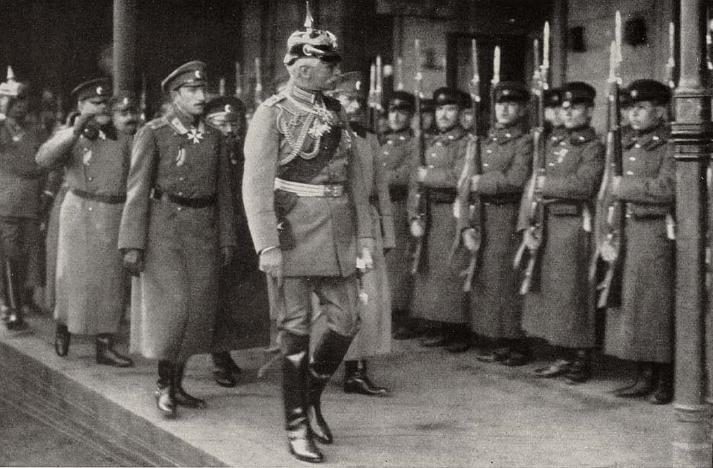
When the First World War broke out in July 1914, August von Mackensen was 65 years old and still in charge of the XVII Army Corps. He was also one of the most experienced commanders in the Imperial German Army. Right off the bat, he led his men in a number of offensives, including the battles of Tannenberg and Gumbinnen. That September, he took charge during the First Battle of the Masurian Lakes.
In August 1915, von Mackensen commanded his men during the Gorlice-Tarnów Offensive, one of the Central Powers’ most important victories of the war. After continued fighting against the Russians on the Eastern Front, von Mackensen participated in the Serbian Campaign, before going on to oversee the Romanian Campaign. Before long, he was known for being one of the world’s foremost military tactician.
For his service during the war, von Mackensen was awarded a number of decorations, including the Grand Cross of the Iron Cross (he was one of five to receive it during the conflict), the Military Merit Cross 1st Class and the Order of the Black Eagle, Prussia’s highest-ranking order of knighthood.
Remaining out of the public eye during the interwar period
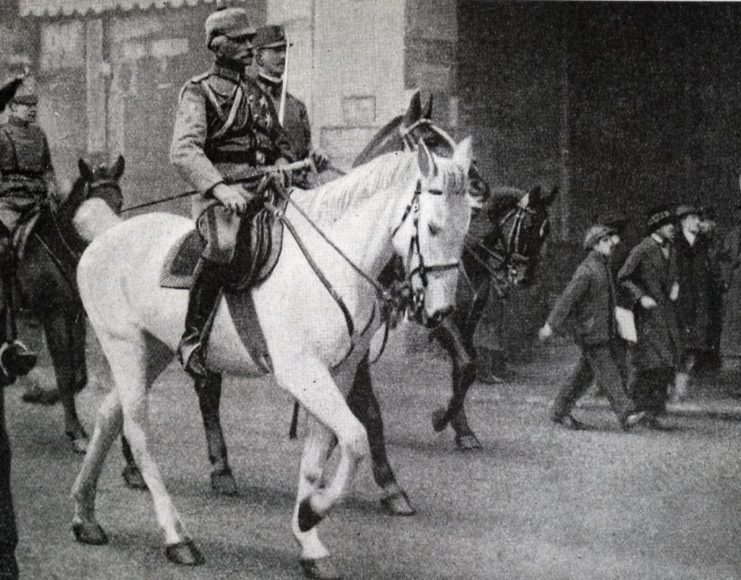
Following the signing of the armistice, August von Mackensen was arrested by the Allies for being a war criminal and held until November 1919. The following year, he retired from the Imperial German Army and opted to remain out of the public eye, as he disagreed with the establishment of the new parliamentary system and the restrictions placed on Germany by the Treaty of Versailles.
Following the war, Germany was in shambles, and there were differing opinions on how to best move forward. In 1924, von Mackensen decided to use his status as a war hero to support both the monarchy and nationalist groups, frequently appearing in his Life Hussars uniform.
August von Mackensen’s legacy
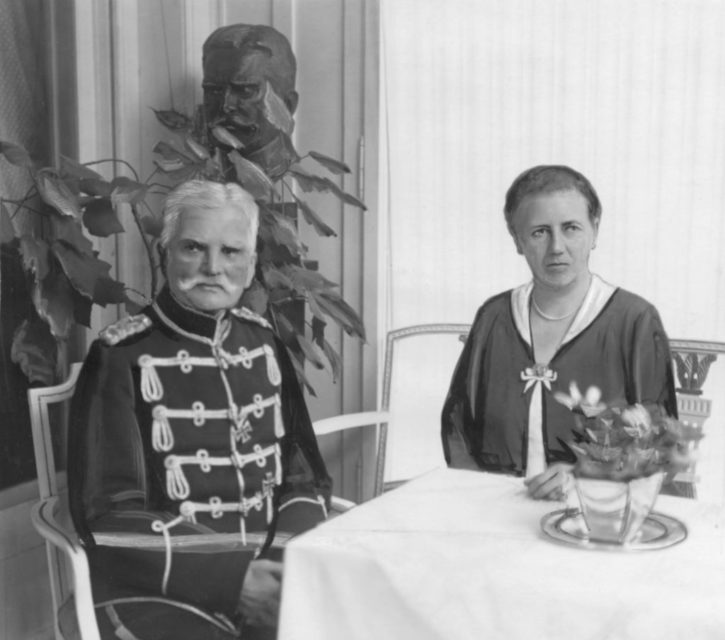
August von Mackensen supported Paul von Hindenburg during the 1932 German election. However, when the Nationalist Socialist German Workers’ Party came into power, he didn’t directly oppose the regime, later becoming one of its most visible supporters. That being said, the public were never really sure where he stood, as his actions brought about mixed messages.
More from us: Frank Luke: The WWI Flying Ace Who Was Like a Real-Life Pete ‘Maverick’ Mitchell
Want War History Online‘s content sent directly to your inbox? Sign up for our newsletter here!
Following the death of Kaiser Wilhelm II, the country’s leaders began to view von Mackensen as more of a traitor than a war hero. They didn’t, however, take any action against him. Given his age, he didn’t participate in the fighting that occurred during World War II and passed away just a few months after its conclusion, at the age of 95.
